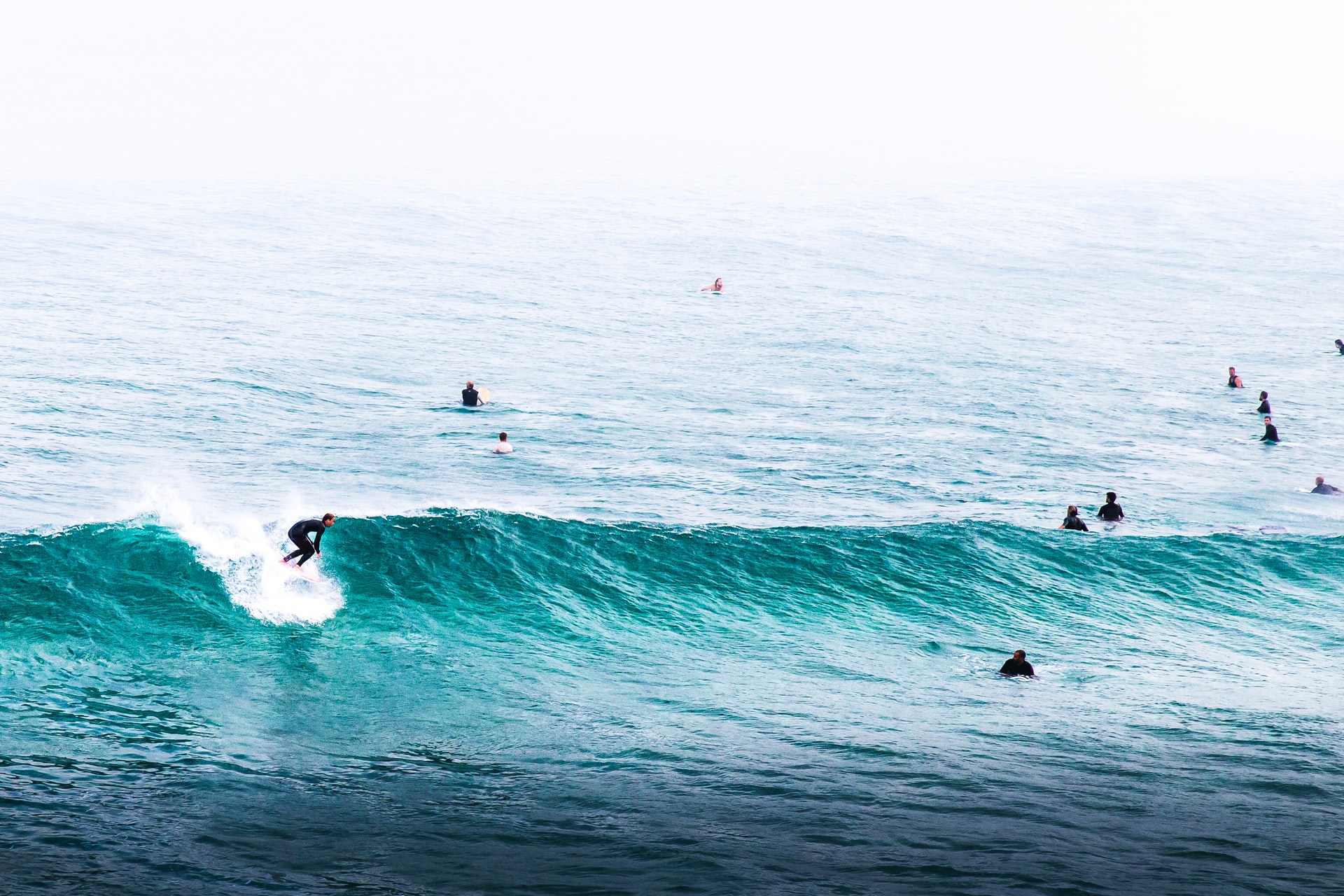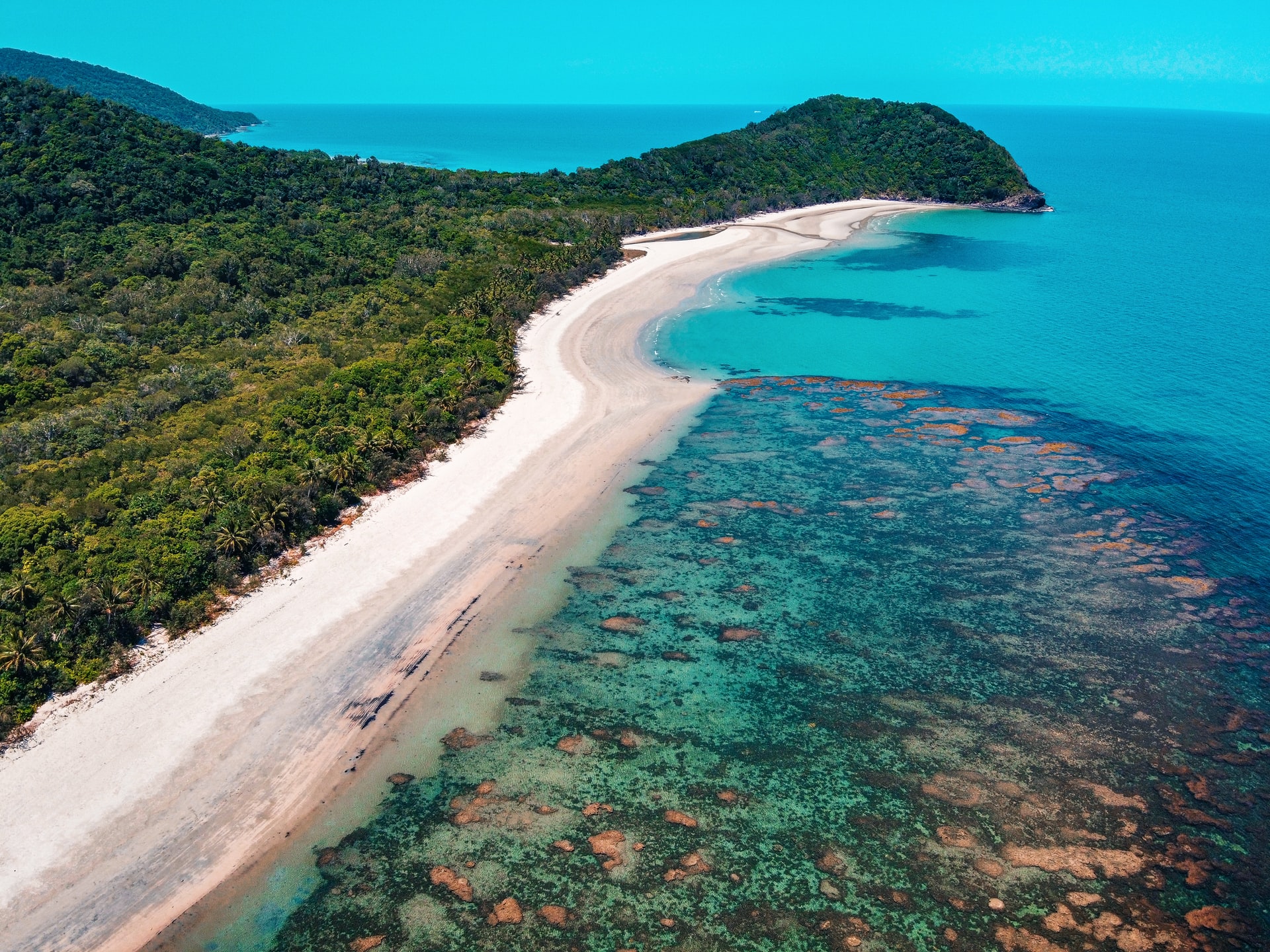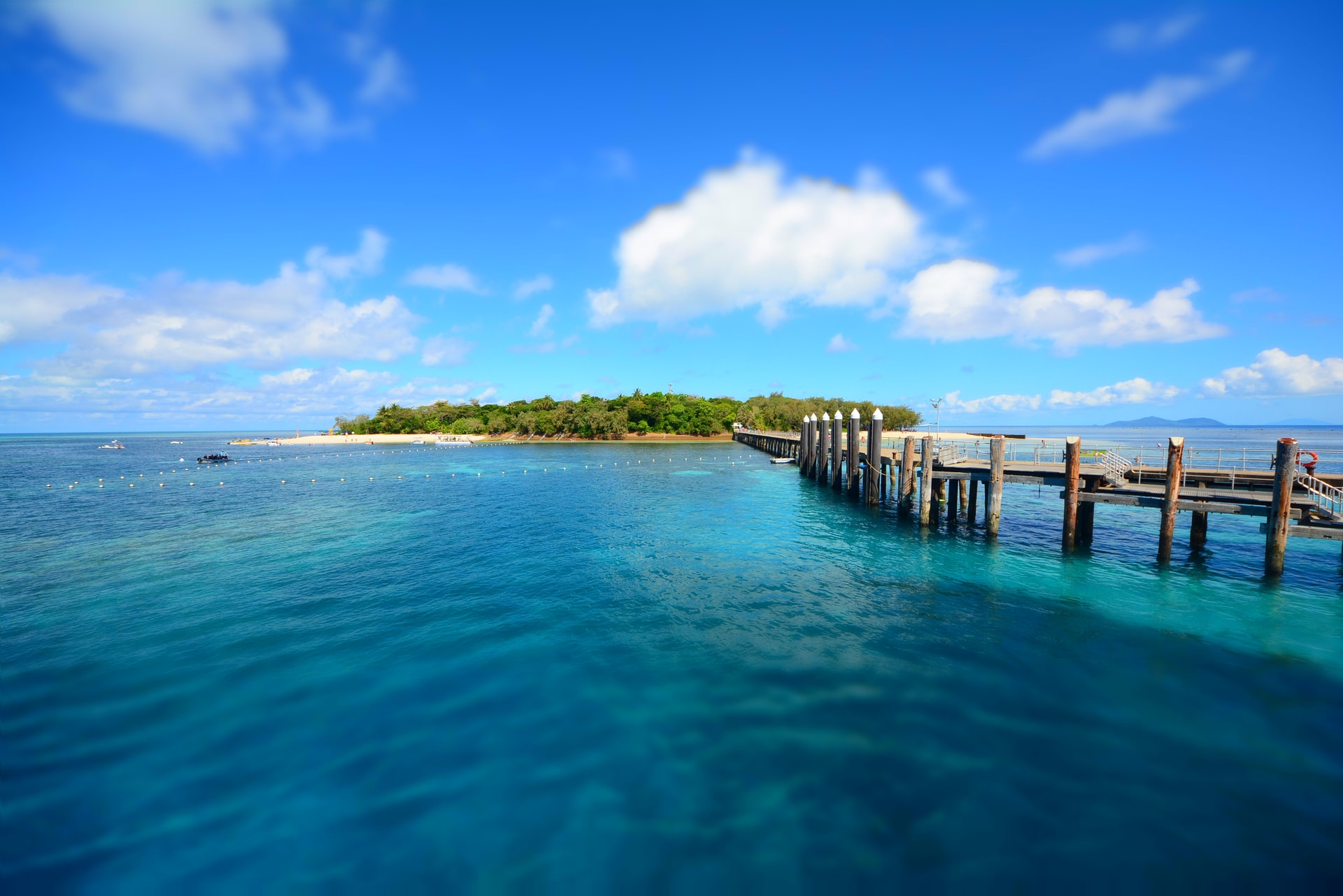
- Sustainable Planet -
- 3mins -
- 120 views
Australian ocean protection gets $100m in new funds
Australian Environment Minister Sussan Ley says $100m in new funding will help protect ocean and marine life.
Ocean protection in Australia gets $100m in new funds
The Australian government has committed $100 million to ocean conservation, in an effort to protect ‘blue carbon’ environments. The funding will go towards ocean management and methods to draw down carbon with seagrass and mangroves. An additional $11.6m will be spent to establish nine Indigenous protected areas in sea country. — West Australian

The money will also go towards supporting Indigenous protected areas.
Better protecting oceans and marine life is the focus of a $100 million package announced by the federal government as it faces pressure from the US to do more on climate change. The funding will go towards ocean management and methods to draw carbon out of the atmosphere involving seagrass and mangroves.
Environment Minister Sussan Ley said the funding would help tourism, research and fisheries.
"The oceans are critical to the fight against climate change," she told reporters in Sydney last month. "If you consider the oyster reefs that were once all along our coastlines, between them and the seagrass, the mangrove and the salt marsh, you have one interconnected ecosystem that stores four times as much carbon as terrestrial ecosystems.
"But we need to work harder on the methodology and part of this package will do that. It will allow blue carbon accounting so that we can calculate exactly how much carbon you can store in these systems and bring it to life."
Source: TheWestAustralian

The money will also go towards supporting Indigenous protected areas
Michelle Grady, the Australian director of Pew Charitable Trusts, says the funding will help give oceans a fighting chance in what is now a global race to bring endangered marine life back from the brink.
"Australia’s marine life and marine industries are at risk from plastic pollution and marine debris, overfishing, noise pollution and the devastating impacts of climate change," she said.
This includes sea level rise, acidification, and warming seas which is destroying coral reefs and giant kelp forests.
"Australia is a world leader in marine conservation, with the world’s largest system of marine parks forming a circle of protection around our coastline," Ms Grady said.
"But for many years we’ve seen a major gap in Australia’s ocean stewardship – investment in sound management for our ocean territory."
Australia’s environment ministers are also planning to phase out a range of "problematic and unnecessary" plastic products over the next four years. Lightweight plastic bags, straws, utensils and stirrers are among the list of products the ministers want to eliminate by 2025.
The government has announced bans on waste exports, which started in January with glass. Bans on plastic, paper and tyres will be staggered, beginning from July through to July 2024.
Source: TheWestAustralian






